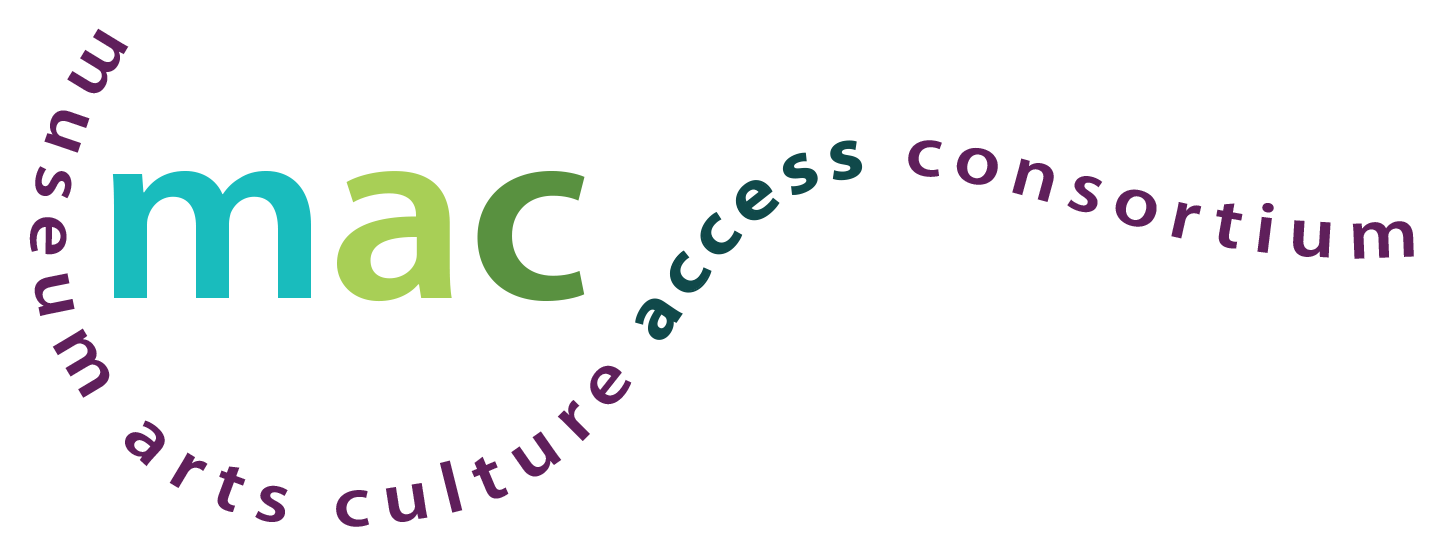23 May Supporting Adults with Autism in Transition
This resource is developed as part of the Supporting Transitions project.
As young people with autism transition to adulthood, the focus of their activities may shift to the development of life and social skills. Teens transitioning to adulthood and adults with autism should be treated as adults while still supporting and engaging with them in a way that best suits their needs.
Life Skills and Social Skills Development:
As young people with autism age, the need to develop life skills and social skills increases as the expectations and desires for independent living increase. Here are some areas that cultural organizations are well-positioned to support:
- Navigating the Community: Traveling to community events and programs. Budgeting to afford participation in those programs. Scheduling. Taking advantage of community resources.
- Communication and Social Interaction: Active listening and nonverbal communication, conversation skills, and perspective taking.
- Independence: Learning to identify the need and fill it without support and problem solving.
- Self-advocacy: Feeling empowered to voice needs and desires. Asking for help.
- Self-regulation: Learning to manage stress, anxiety and feelings. Coping with the rigors of the situation.
- Workplace Readiness: Following directions and fulfilling responsibilities. Developing interview skills and networking.
Guidelines to keep in mind when working on transition with adolescents with autism:
As people with autism begin to think about transition they are thinking about learning skills necessary in the real world. Here are some tips to support real world learning and examples of how these guidelines may be applied in the cultural world:
- Teach new responsibilities in the places where they happen
- Learning to seat people in a theater in the actual theater itself
- Use real items
- Learning the difference between tempera, acrylic, and oil paint by using the actual paint
- Engage in new activities at the time they are usually done
- Learning to make a museum closing announcement when the museum is actually closing
- Allow opportunities to learn useful processes and procedures
- Learning to keep financial records or make telephone calls

Sorry, the comment form is closed at this time.